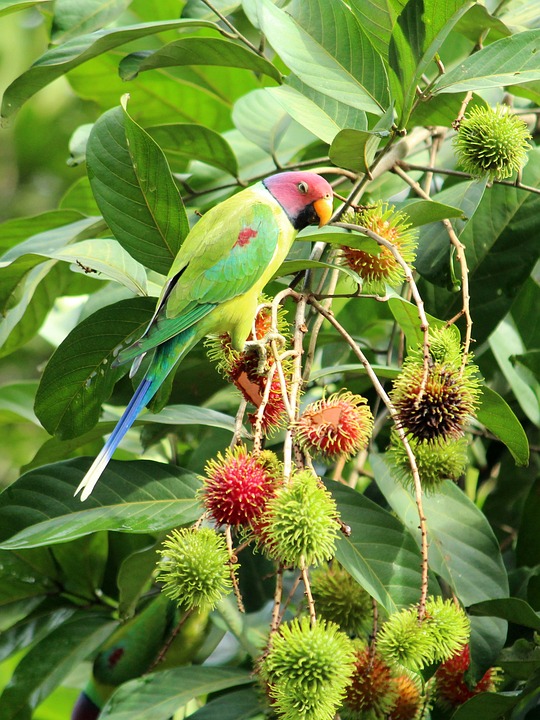Parrots, known for their intelligence and strong bonds with their human companions, can sometimes display jealous and possessive behaviors. Just like humans, parrots can feel a range of emotions, including envy and possessiveness. These behaviors can stem from a variety of reasons, such as a desire for attention, fear of losing their bond with their favorite person, or a lack of socialization. As responsible parrot owners, it is essential to understand and address these behaviors to ensure a happy and healthy relationship with our feathered friends.
Identifying signs of jealousy and possessiveness in your parrot is crucial for effectively managing these behaviors. Some common signs to look out for include aggression towards other people or pets when they receive attention, vocalizations or screeching when someone interacts with another parrot or pet, defending their territory aggressively, feather plucking or self-destructive behaviors in response to perceived threats, attempting to monopolize the attention of their favorite person and becoming territorial towards others, and displaying signs of distress, such as excessive screaming or biting, when their favorite person interacts with someone else.
Now that we have a better understanding of the signs, let’s explore some effective strategies to manage jealousy and possessiveness in parrots. Providing adequate attention and socialization is crucial. Spend quality time with your parrot, engaging in activities they enjoy, such as training sessions, interactive toys, and games. This will help them feel secure and reduce their need to compete for attention.
Encouraging positive reinforcement is another helpful strategy. Reward your parrot for calm and accepting behaviors when you interact with other people or pets. This will help them associate positive experiences with sharing your attention. Gradually introducing new people and pets into your parrot’s life is also important. Do it slowly and in a controlled manner, allowing your parrot to observe and get comfortable with the presence of others before direct interaction. This will help minimize feelings of threat or competition.
Establishing consistent routines and boundaries is crucial for parrots. They thrive on consistency and structure. Establish clear boundaries, such as designated areas for personal space, and stick to a consistent daily routine. This will help your parrot feel secure and reduce their need to defend their territory.
Providing environmental enrichment is another effective strategy. Ensure your parrot has access to a stimulating environment with plenty of toys, perches, and activities to keep them mentally and physically engaged. This will redirect their focus and help alleviate feelings of jealousy or possessiveness.
If your parrot’s jealousy and possessiveness behaviors persist despite your efforts, consider consulting a qualified avian behaviorist who can provide specialized guidance and support.
In conclusion, managing jealousy and possessiveness in parrots requires patience, consistent training, and understanding. By addressing these behaviors proactively, you can create a harmonious and fulfilling relationship with your feathered companion.









